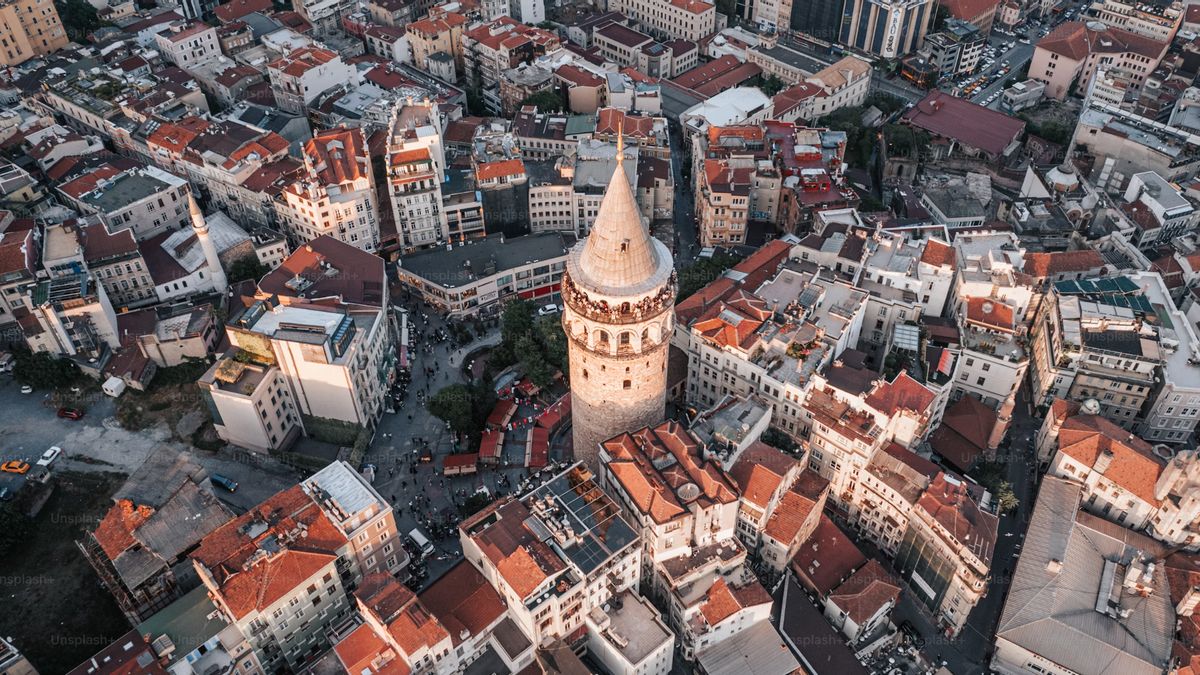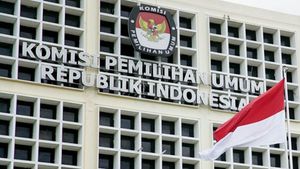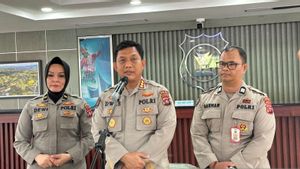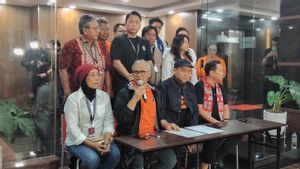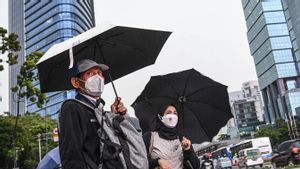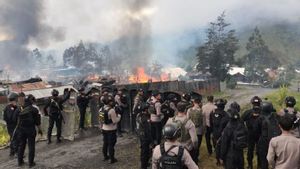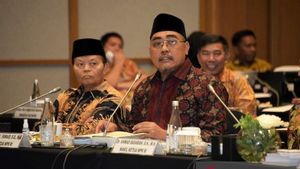Turkey closed its main border crossing Syria after Turkish forces received attacks from Syrian citizens angered by violence against their compatriots in Turkey.
In Turkey, police detained 474 people involved in the attack targeting the Syrian community, Interior Minister Ali Yerlikaya said.
Property and vehicles belonging to Syrian citizens were damaged and burned in downtown Kayseri, triggered by social media reports of a Syrian man sexually harassing a female relative who was still a child.
Yerylikaya said the incident was being investigated.
Violence spread to the provinces of Hatay, Gaziantep, Konya, Exchange and Istanbul districts, the Turkish MIT intelligence agency said.
There have been reports of social media regarding several injured victims among Syrian citizens.
Furthermore, hundreds of angry Syrians took to the streets in several cities in northwestern Syria controlled by rebels, areas where Turkey has thousands of troops and has formed an influence region that has stopped Syrian President Bashar al-Assad from regaining control.
On Monday, July 1, evening, Turkey responded to the unrest by closing the Bab al Eve border crossing, trade routes and main passengers for more than 3 million residents, as well as Bab al Salam and other small crossings, a border official told Reuters.
Afrin's city on the Syrian border was the scene of clashes with four people killed in a shootout between armed protesters and Turkish soldiers.
Elsewhere, there were small clashes and armed clashes, civilians threw stones at Turkish convoys in several cities, and knocked down Turkish flags in several offices.
Some Turkish officials described the unrest in Syria as "provocation", and the Foreign Ministry said: "It is wrong to use the sad events that occurred in Kayseri... as the basis for some provocations beyond our borders."
SEE ALSO:
Turkish President Tayyip Erdogan blamed the anti-Syria attacks on political opposition, and accused him of, without mentioning any evidence, sparking racism in a country with more than 3 million Syrian war refugees.
"Nothing can be achieved by triggering xenophobia or hatred of refugees in the community," said Erdogan.
Erdogan said last week a meeting with Assad might be held to help restore bilateral relations. Turkey cut ties with Syria after the Syrian civil war in 2011 and supported rebels who wanted to overthrow Assad.
The English, Chinese, Japanese, Arabic, and French versions are automatically generated by the AI. So there may still be inaccuracies in translating, please always see Indonesian as our main language. (system supported by DigitalSiber.id)
